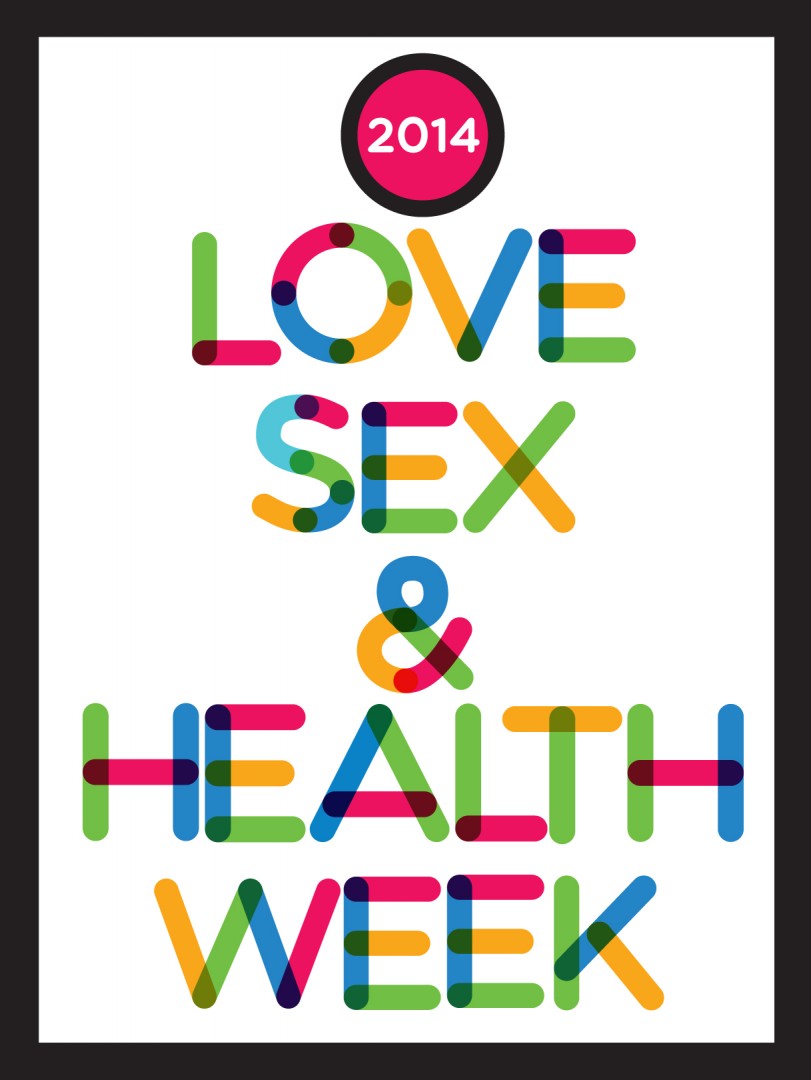With different activities every day, including free sexually transmitted infection testing, sex therapy, a movie night, tabling and even burlesque classes, DU’s Love, Sex and Health Week worked to provide awareness of sexual health practices, the services that are offered on campus to students and messages about what it means to be sexual.
Organized and carried out by the collaboration of Healthy Peer Empowerment (HYPE), Health Promotion and the Center for Advocacy, Prevention and Empowerment (CAPE), the week was hosted during National Sexual Responsibility Week and National Wear a Condom Month.
This year, the idea of the week was to be both entertaining and educational. Health Educator Coleen Vernola said that it was important for every event to have both elements in order for the students to participate and truly understand and internalize the information.
“We want to spread more awareness for services provided, including the ‘Love Shack,’ a mobile condom cart that will be on campus and available for student groups at events upon request,” said Vernola.
For the importance of awareness, this year planned to have two sexually transmitted disease testing days, whereas last year only had one. According to Vernola, after giving over 175 tests to students last year for free, they decided to increase the availability of testing to match the demand. This year they tried to put the testing in a convenient location in Driscoll in the hopes that students would begin to learn to get regularly tested with each new partner. The second day of testing was canceled, however the Health Promotion department will be making up for it by offering another day of free STI testing that they will announce later in the quarter. Students are also able to get tested all year long in the HCC for a small cost or resources may also be provided for free or low-cost testing at off-campus locations depending on the student’s income.
Looking for data on which areas of sexual health students do or do not know much about, the Health Promotion center is hoping to get an idea of what topics to educate DU students on in the future.
Vernola also said the week focused mainly on reaching out to students about sexual activity and their lifestyle surrounding it. “The focus was to teach the students how to be sexual without having to actually have sex” she said.
This way, every student could be involved in the conversation, even if they are waiting to have sex or just got into a new relationship, and everyone involved could learn safe sex practices.
For example, Tuesday night was Burlesque Night, where Roxy Star led students through a newbie’s burlesque class and lecture.
“I was expecting a workout and chair dancing,” said Junior biology major Nicole Boerema. “Instead it ended up being more of a dialogue between the teacher and the students about self-esteem and the importance of being able to positively express sexuality (not in a taboo sense). I was sort of hoping for more of a workout and being shown more dance moves, but I did like the teacher and what she had to say. It’s important stuff to hear that not many girls hear often. She was also really funny so it made the fact that I wasn’t working up a sweat worth it.”
With over 45 students attending the burlesque class, students are now pushing to have it as a weekly class in the Coors Fitness Center.
To top off the list of events offered to students, Health Promotion was able to partner up with the “Vagina Monologues.” Based on interviews Ensler conducted with women, the play addressed women’s sexuality and the social stigma surrounding rape and abuse, creating a new conversation about and with women. The monologues, reenacted and produced by DU students, were presented on Friday night at 7 p.m. in the Driscoll Ballroom, and sponsored by The Empowerment Project and Tri-County Health Department. With over 200 people in attendance, proceeds of more than $2,000 were donated to The Gathering Place, Denver’s only daytime drop-in center for women, their children and transgender individuals experiencing homelessness and poverty.
Vernola said “We are really happy the way it is turning out. It’s definitely a success, and from the data we have been able to look at so far we are increasing knowledge of students.”











